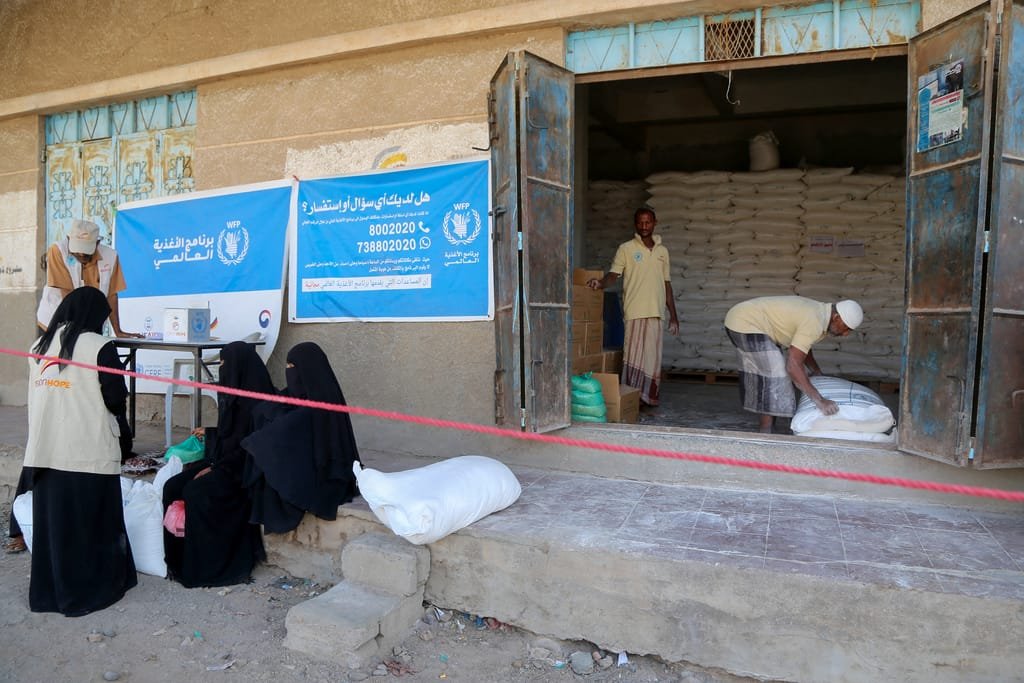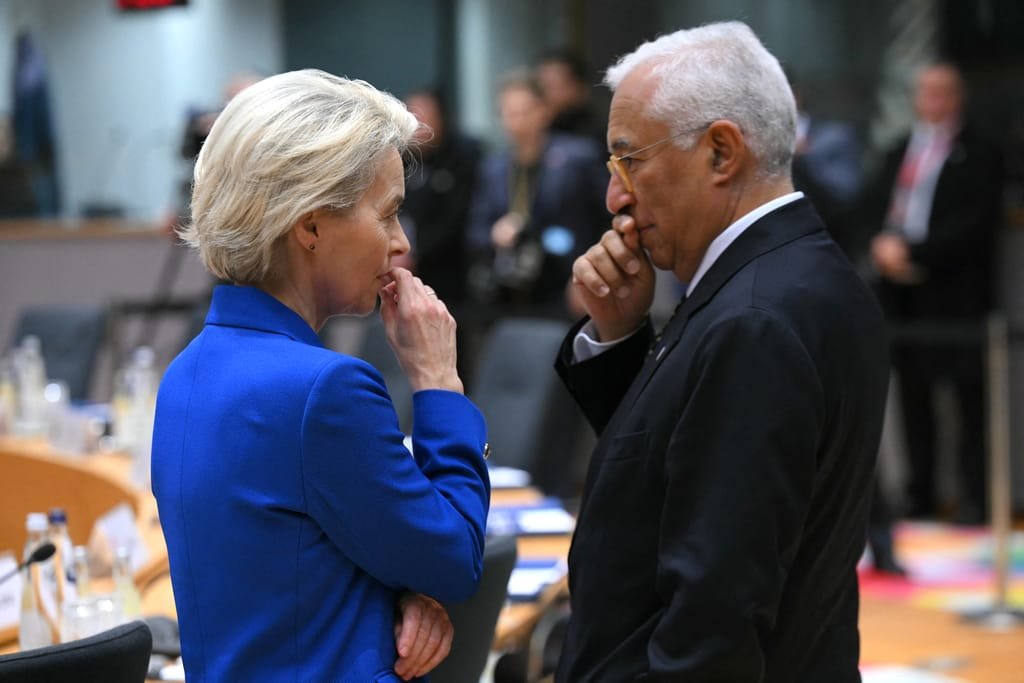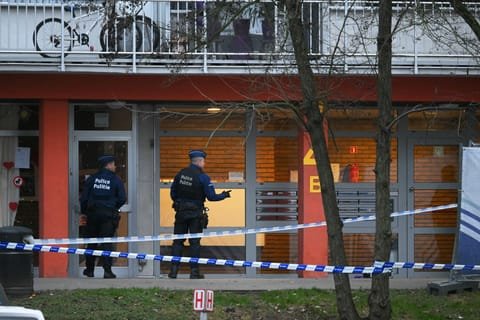Despite a U.S. waiver, food shipments are stalled, funding is uncertain and Europe may have to fill the gap.

BRUSSELS — The U.N. World Food Programme (WFP) is facing a crisis after the United States halted dozens of aid grants despite an emergency waiver meant to keep food assistance flowing. The freeze threatens food deliveries to millions in Yemen, Sudan, South Sudan, the Democratic Republic of Congo, Haiti and Mali, among other crisis zones.
The stoppage follows U.S. President Donald Trump’s sweeping 90-day pause on foreign aid, announced just hours after his inauguration on Jan. 20. While Secretary of State Marco Rubio later issued a waiver for life-saving humanitarian aid — including food, medical supplies and shelter — WFP officials say that, in practice, funding has stalled and there is little clarity on when or if it will resume.
On Jan. 29, WFP received a list of dozens of U.S.-funded projects now subject to “stop work” orders, according to internal emails seen by Reuters. Many of these projects were administered under Food for Peace Title II, a U.S. program that has historically provided large-scale food assistance, valued at around $2 billion annually.
“The scale of this disruption underscores the far-reaching consequences of the funding pause on global food assistance efforts,” a senior WFP official wrote in one of the emails seen by Reuters. The agency estimates that more than 507,000 metric tons of food — worth more than $340 million — are stranded, whether en route by sea, sitting in warehouses in 23 countries or stalled in domestic U.S. supply chains.
The situation has been compounded by a drastic restructuring at USAID, the main U.S. agency funding global food relief. Thousands of staff are reportedly being cut under a plan led by Elon Musk, tech billionaire and head of the Department of Government Efficiency (DOGE). That leadership vacuum has made it even harder for the Rome-based WFP and other aid groups to get answers about the status of their funding.
A WFP spokesperson told POLITICO that the agency is working to navigate the crisis.
“WFP greatly appreciates the support it receives from all of its donors. Our colleagues are in constant contact with key stakeholders in the U.S. government to ensure we understand any new developments or priorities that relate to our work,” the spokesperson said.
As WFP Executive Director Cindy McCain scrambles to get answers in Washington, European donors are bracing for impact. The European Union, one of the world’s largest aid donors, has not yet indicated whether it will increase funding to offset the shortfall, but aid officials fear the coming months could test its ability — and willingness — to fill the gap.
Shifting priorities
The disruption to WFP’s operations may not be just a temporary setback — it could be a sign of a fundamental shift in how the U.S. approaches global food aid. The Trump administration’s 90-day foreign aid review isn’t just a bureaucratic pause — it’s part of a broader rethink of Washington’s role in international assistance.
According to Devex, much of this shift is being shaped by Project 2025, a right-wing policy blueprint championed by the Heritage Foundation that has heavily influenced the administration’s approach to aid. The agenda explicitly calls for removing references to “transforming food systems” from U.S. government policies, pushing instead for a focus on commodity-based food assistance with minimal government oversight.
That could mean a return to a more transactional, America-first approach to food aid, where funding is prioritized for U.S. agricultural exports rather than long-term food security programs. It also signals potential cuts to sustainability and climate-smart agriculture initiatives, which have been key pillars of U.S. international food assistance in recent years.
Devex also reported that the Trump administration’s skepticism toward climate policies is already having an impact on food aid priorities. At the COP28 climate summit in 2023, USAID pledged $100 million to support climate-resilient agriculture through CGIAR, an initiative aimed at boosting food security in vulnerable regions. That funding now hangs in the balance, with aid experts warning that future U.S. food security programs may be evaluated based on political optics rather than effectiveness.
Trump has tasked Musk with overhauling USAID, reportedly planning to shrink its workforce from thousands to just a few hundred employees. While Trump allies argue this will streamline government spending, aid officials warn it could cripple the agency’s ability to manage food assistance programs, exacerbating disruptions like the one WFP now faces.





